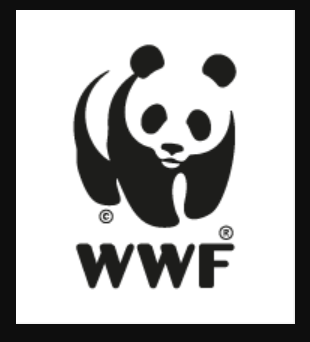- 20 states have joined forces to form high ambition coalition to end plastic pollution by 2040
- Coalition will advocate for legally binding global rules and regulations, rather than patchwork of national standards, when finalising global plastic treaty
- World needs more states to join the coalition to ensure swift end to plastic pollution
GLAND, Switzerland (August 22) – WWF commends the move of 20 states to form The High Ambition Coalition to End Plastic Pollution, which will work to ensure the world’s first ever plastic pollution treaty includes global rules and regulations for the production, design and disposal of plastic rather than a patchwork of national standards. This, the Coalition hopes, will be key in securing the elimination of plastic pollution by 2040, just 16 years after the world is set to finalise the treaty in 2024.
WWF calls on remaining UN member states to join the Coalition as it has set ambitious performance indicators of success* that can increase the world’s chances of swiftly ending plastic pollution. These indicators include global measures such as developing global bans, restrictions and standards for plastics as well as setting global baselines and targets for sustainability throughout the lifecycle of plastics. The Coalition is calling for a global ban on problematic plastics, which the WWF understands includes unnecessary single-use products.
Such rules and regulations will have an undeniable impact on companies that make virgin (rather than recycled) plastic, as well as those that market products that use disposable packaging. However, the widespread environmental damage that plastic pollution has caused and will continue to wreak globally requires a joint legally binding effort by all nations, common standards for plastic products and increased transparency for how plastic is made and used.
“Ending plastic pollution starts with global leaders acknowledging the destructive life-cycle of plastics. That’s why the world agreed earlier this year that we need a global treaty to end plastic pollution. The next step is to get serious about banning problematic plastics such as unnecessary single-use plastics, establishing common standards for plastic production and regulating greater transparency of the plastics value chain,” said Marco Lambertini, Director General, WWF International.
“The High Ambition Coalition is yet again a demonstration of the determination across the world to seriously tackle the plague of plastic pollution. Now we need more states to join!”
WWF envisions a global plastic pollution treaty that, when finalised, would be comparable to or exceeds the accomplishments of the Montreal Protocol, an international treaty finalised in 1989 that successfully phased out the production of harmful substances responsible for ozone depletion. Hailed as the “single most successful international agreement”, the Protocol succeeded due to the unprecedented level of cooperation and commitment shown by the international community.
Key to replicating this collaborative process is the Coalition’s commitment to facilitating effective technical and financial assistance, as well as scientific and socio-economic assessments, so that compliance to rules is not punitive, but instead is a joint effort to ensure all states receive adequate support in setting up an effective action plan that prioritises full compliance to global standards.
“States must set aside their differences and individual preferences for how plastic is produced and managed – this means moving away from a treaty based on national ambitions and establishing one in which all states follow the same rules. This does not have to be seen as disadvantageous or a zero-sum game as compliance to common rules can be done amicably and prove advantageous for all. We’ve done this before, so we can do it again,” said Eirik Lindebjerg, Global Plastics Policy Manager, WWF International.
Article Credits: WWF
